- Overview
- Causes, Risks & Prevention
- Signs & Symptoms
- Tests & Diagnosis
- Your Lung Cancer Care Team
- Treatment
- Living With
- Remission & Recurrence
- Support & Resources
- View Full Guide
Caring for Yourself When You Have Non-Small-Cell Lung Cancer


Job No. 1: Take Care of Yourself
If you’ve been diagnosed with non-small-cell lung cancer (NSCLC), there are many types of treatment options available. The treatments, like the disease itself, can affect your physical health. Your moods and emotions can take a beating, too. It’s important to be as healthy as you can be, both mentally and physically, to meet the challenges.

Watch What You Eat
There’s no specific diet for those with NSCLC. What you’ll eat and drink probably will change during treatment, anyway. It’s smart to:
- Maintain a healthy weight.
- Eat healthy foods.
- Eat small meals instead of big ones.
- Lean toward bland foods, especially if you have side effects from treatment.
- Take care preparing raw food. Cancer treatment can affect your immune system, which raises your chances for infection.

Get Moving
Many with NSCLC fear exercise because breathing may be tough. In reality, exercise can help:
- Ease fatigue
- Prevent depression
- Make your muscles stronger
- Lead to a better quality of life
Get with your doctors to see what type of exercise is best while going through treatment. Even a walk to the mailbox can make you feel better.

Lean on Someone
Living with cancer can be hard. Find someone -- a family member, a loved one, a really good friend -- you can talk to about your illness. Take someone you trust to your appointments, too. They can help you understand what you’re told, remind you about things you’ve forgotten or didn’t hear, and lend valuable support.
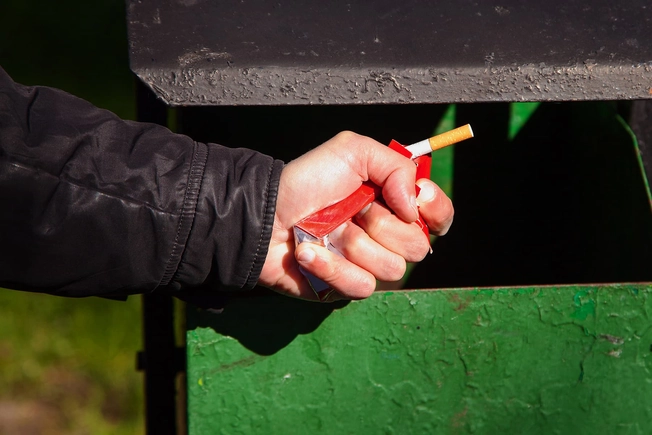
Protect Your Lungs
NSCLC can damage them. Smoking plays a big part in lung cancer. So if you smoke, try to quit. Compromised lungs need special attention. You should also avoid secondhand smoke, and stay inside when the air quality outside is poor.

Do Your Breathing Exercises
Just like a good dumbbell curl can make those biceps pop, good breathing exercises can make your lungs work better. They can clear out stale air, raise your oxygen levels, and help you breathe better. Ask your doctor about things like pursed-lip breathing and belly breathing.
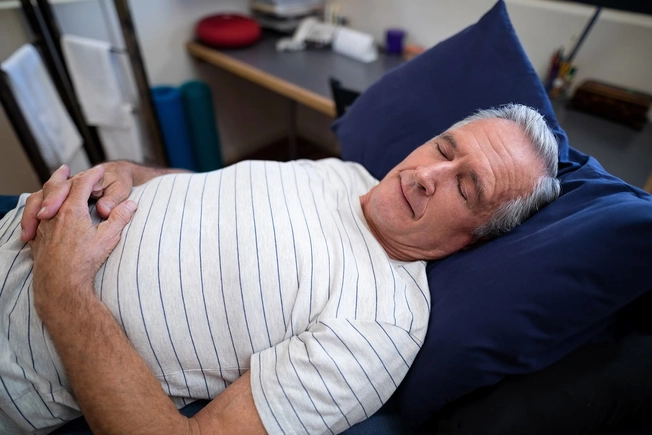
Rest Up
Those with NSCLC and other lung cancers often say fatigue is the thing they deal with the most. Resting when you need it is a good strategy. Take short naps, go easy on extra physical activity, and ask others to help with chores. You may have to experiment to figure out the right amounts of rest and activity for you. But make the time and effort to figure it out.
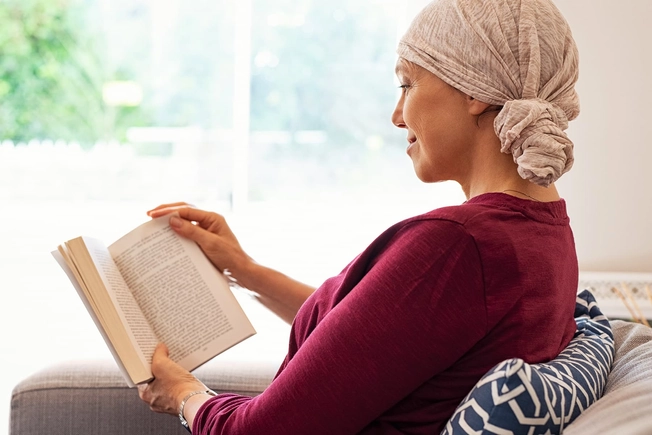
Learn How to Relax
NSCLC often comes with a shortness of breath, which can trigger fear and anxiety, which can make things worse. It’s important to find healthy things that help you relax. You could listen to music, watch TV, read a book, or do some breathing exercises. Stuck for an idea? Try closing your eyes, flexing and relaxing your muscles, and imagining calm and soothing places.

Find a Support Group
Leaning on friends and family is important, but so is talking with those who know what you’re living with. That’s where support groups come in. The Lung Cancer Alliance, the American Cancer Society, the American Lung Association, and other organizations can point you to groups in your area, online groups, or help lines where a sympathetic ear is waiting.
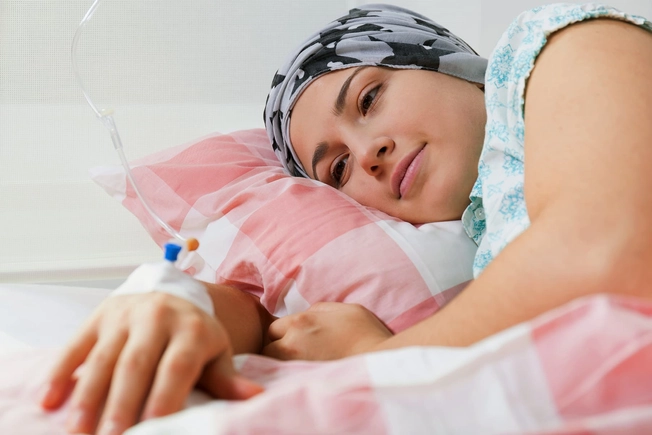
Beat Back Those Side Effects
The list of side effects from cancer treatment can be long. From anemia, to bleeding, to memory loss, the fallout from treatment is sometimes as challenging as the disease itself. Learning to manage things is critical. The side effects, of course, are different from person to person. Just know they’re common and, with help from your doctor, you can make them easier to deal with.
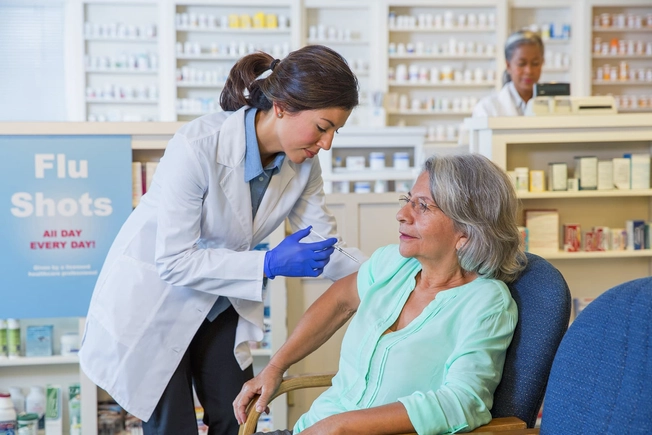
Get Your Flu Shot
You may have to avoid certain vaccines. Which ones you’ll have to stay away from depend on the treatment you’re getting. Vaccines need a healthy immune system to work properly, and cancer treatments can weaken yours. Those with cancer can get a flu shot, though, because it contains dead viruses. (Stay away from the nasal flu vaccine, which contains live viruses.) Always check with your doctor first before getting any type.
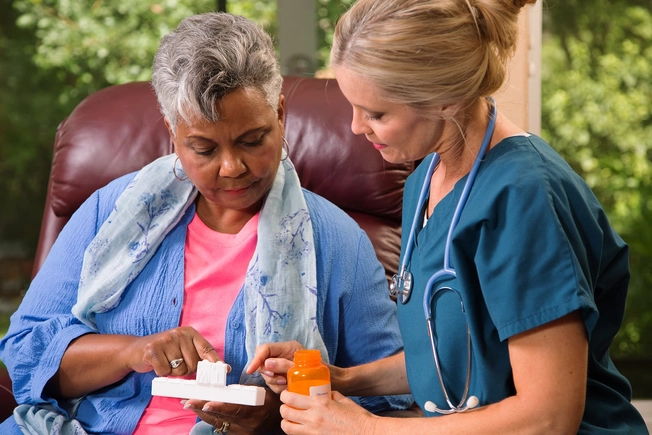
Consider Palliative Care
Palliative care -- care that relieves pain and stress and improves your quality of life -- is appropriate at any stage of treatment. You can get it at hospitals, clinics, or at home, often along with your other cancer medications.

Accept Your Moods
Don’t blame yourself. Don’t feel guilty if you aren’t super-positive all the time. You have a lot to deal with. Your mood will swing with this disease, and that’s OK.

Stay on Treatment
You and your care team are partners in fighting cancer. Doctors, especially, are trained in how to attack it. Though miracle cures may sound promising, it’s important to stick with your team’s treatment plan. That doesn’t mean you can’t try some different approaches, like acupuncture, aromatherapy, meditation, and prayer. But always discuss every part of your care with your team first.